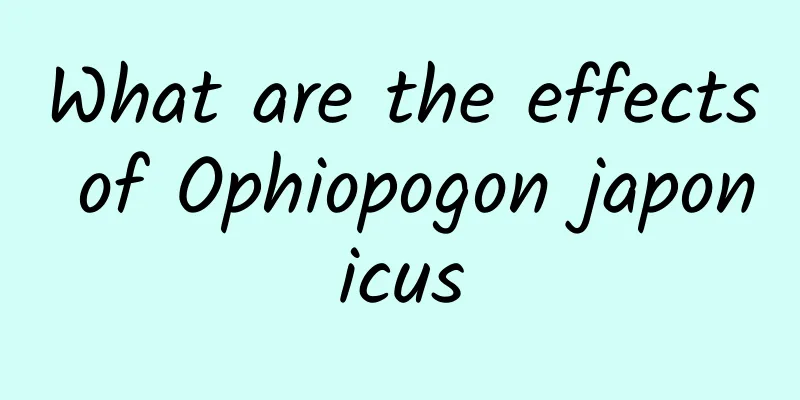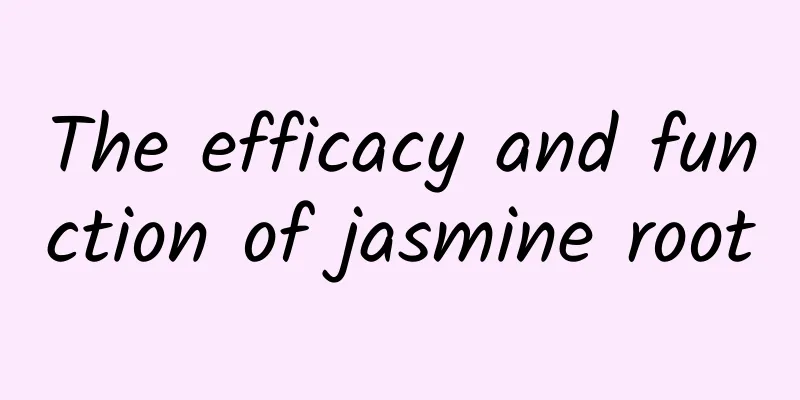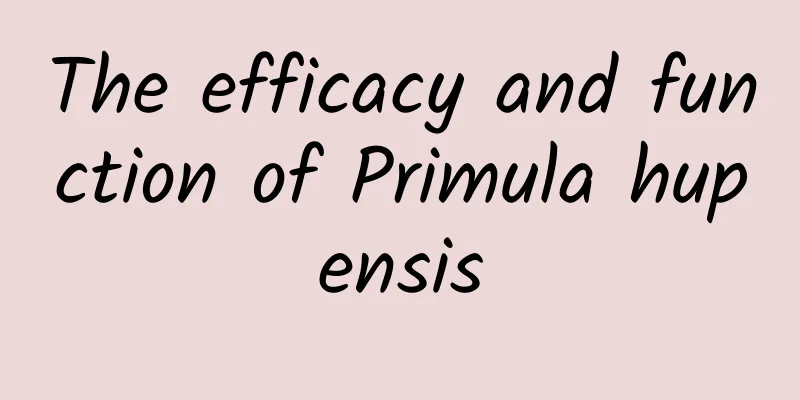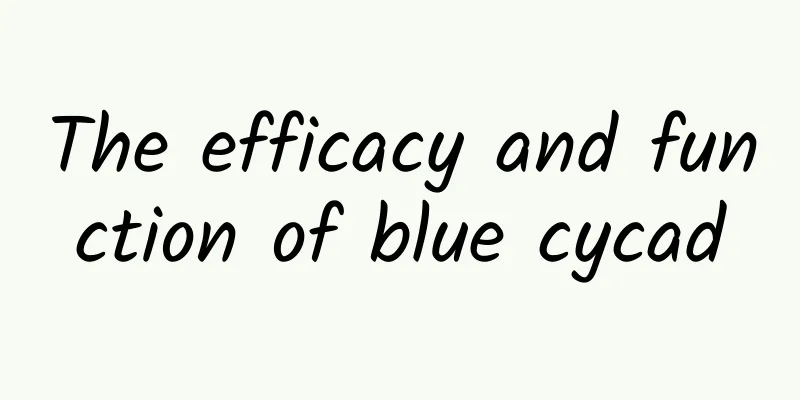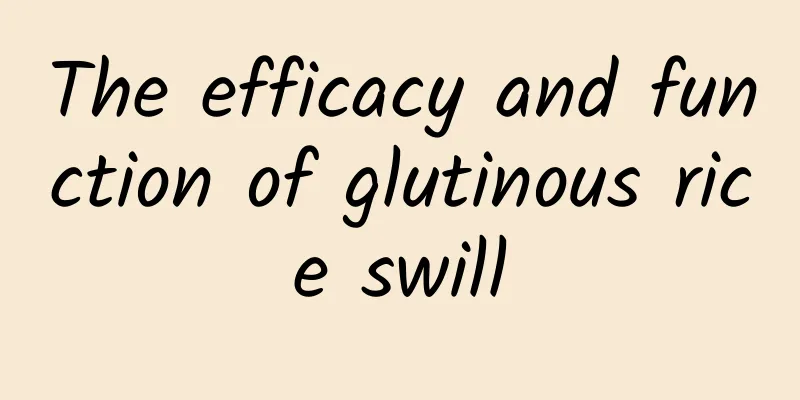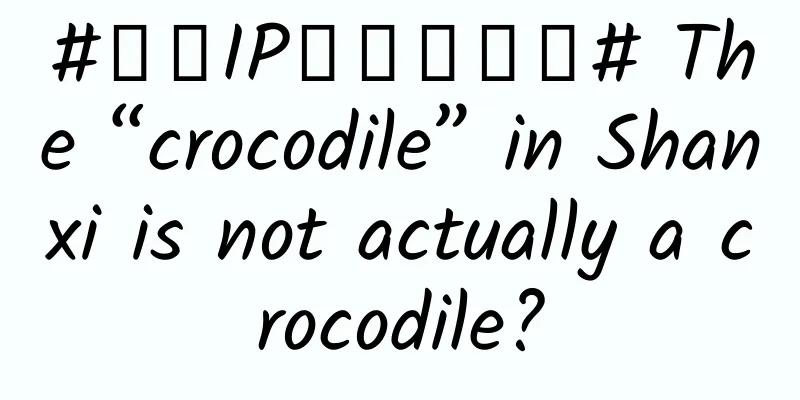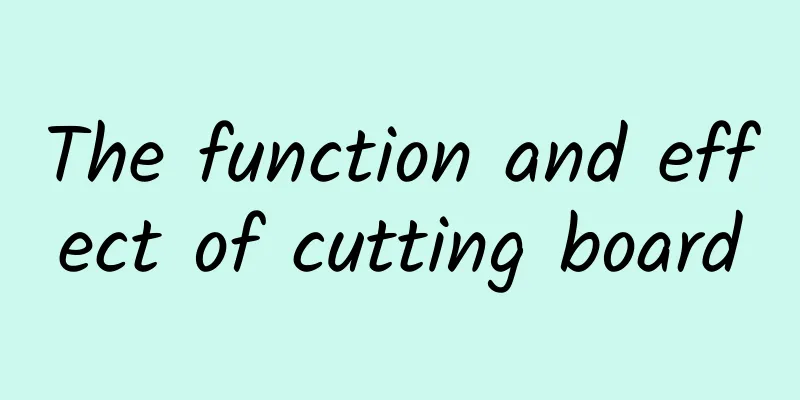What are the taboo fruits when taking Chinese medicine?
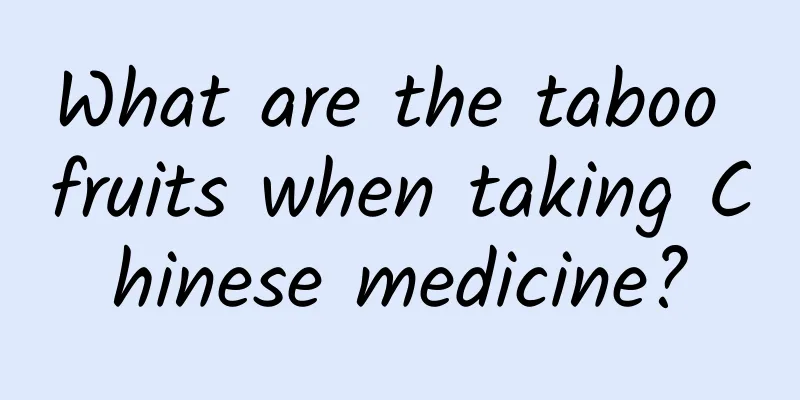
|
Everyone knows that there are taboos when taking Chinese medicine, so what vegetables and fruits cannot be eaten when taking Chinese medicine? Although eating fruits is good for the body, people are best not to eat within 30 minutes before and after taking medicine, especially fruits and vegetables. This is because some vegetables and fruits contain substances that can react chemically with drugs, changing the effects of drugs. Taboos of taking Chinese medicine Taboos of taking Chinese medicine: Which fruits and vegetables cannot be eaten when taking Chinese medicine? 1. Don’t eat cold fruits: pears, hawthorns, water chestnuts, tangerines, lilies, bananas, sugar cane, persimmons, etc. In order to ensure the efficacy of traditional Chinese medicine and enable it to better play its therapeutic role, it is necessary to avoid certain foods when taking traditional Chinese medicine. The following points should usually be noted: Do not drink strong tea when taking traditional Chinese medicine, because tea leaves contain tannic acid. Strong tea contains more tannic acid. When taken with traditional Chinese medicine, it will affect the body's absorption of the active ingredients in the traditional Chinese medicine and reduce its efficacy. 2. It is not advisable to eat radish when taking Chinese medicine (except for taking qi-regulating and phlegm-resolving medicines), because radish has the effects of digesting food and breaking up qi. Especially when taking tonic Chinese medicines such as ginseng, eating radish will reduce the effect of the tonic and make it lose its tonic effect and fail to achieve the therapeutic purpose. 3. Patients with digestive tract diseases such as hepatitis and chronic gastroenteritis should avoid taking garlic when taking spleen-strengthening, stomach-warming and stomach-regulating medicines. Garlic contains allicin, which can stimulate the gastrointestinal mucosa and cause congestion of the mucosa. The Chinese medicine they take will not be able to effectively play its therapeutic role. There are also some things that cannot be eaten while taking medicine 4. Do not eat chili peppers when taking Chinese medicine, especially for fever diseases. It is even more inappropriate to eat chili peppers when taking medicines for clearing heat and cooling blood or nourishing yin and reducing inflammation. Chili peppers can reduce the efficacy of the medicine, making the treatment ineffective or weakening the efficacy. 5. When taking Chinese herbal decoctions and pills, avoid raw, cold, and greasy foods. Because raw and cold foods stimulate the gastrointestinal tract and affect the gastrointestinal absorption of drugs, greasy foods are difficult to digest and absorb, and greasy foods mixed with drugs can hinder the gastrointestinal absorption of the active ingredients of drugs, thereby reducing the efficacy. 6. In addition, people with furuncle and skin diseases should avoid eating saltwater fish, shrimp, crab, mutton, beef and other foods; people with edema should avoid eating salt; hepatitis patients should avoid eating spicy, hot and greasy foods; when taking Schizonepeta, avoid eating fish, shrimp and crab; when taking Asparagus cochinchinensis, avoid eating carp; when taking Atractylodes macrocephala, avoid eating garlic, etc. 7. Commonly used lipid-lowering drugs, antibiotics, sleeping pills, anti-allergy drugs, etc. may interact with substances in certain fruits and vegetables, thereby rendering the drugs ineffective or causing toxic side effects. 8. For example, some anti-allergic drugs can react with citrus fruits and grapefruit, causing arrhythmias and even fatal ventricular fibrillation. Some fruits react with antibiotics, greatly reducing the effectiveness of antibiotics. Now everyone knows what not to eat while taking medicine. In particular, do not eat fruits and vegetables during the period of taking medicine, so as to avoid substances that chemically react with the medicine and change the effect of the medicine. Don't eat cold fruits, such as pears, hawthorns, water chestnuts, tangerines, lilies, bananas, sugarcane, persimmons, etc. It is better not to eat them when taking traditional Chinese medicine. This can better ensure the efficacy of traditional Chinese medicine and enable it to better play its therapeutic role. |
<<: What are the medicinal values of goose?
>>: What are the taboos of taking Chinese medicine for acne?
Recommend
The Science of New Year’s Goods | Fuqiang flour, wheat core flour, snowflake flour... Which type of pasta is suitable for making?
|| || Compiled by New Media Editor Li Yunfeng Nor...
1.31 million mu of cotton in Xinjiang is fully planted! I won't allow anyone to miss such a smooth spring farming scene!
丨(Image source: Xinhua News Agency) As the saying ...
Does eating Cistanche tonic kidney yin deficiency
Nowadays, with the increasing pressure of life, m...
The efficacy and function of the iron wire Lingxian
Do you know about the Chinese herbal medicine Gle...
The efficacy and function of Anlongxiangkeke
Recently, major TV channels have launched various...
Why are plant extracts commonly found in skin care products not written as chemical names?
Skin care products have become a necessity in our...
The efficacy and function of pine leaf wind flower
As the pressure of modern life increases, more an...
Why does New Year’s Eve “disappear” but New Year’s Day is never “absent”?
If you open the calendar, you will find that 2024...
The efficacy and function of Euonymus thunbergii
Euonymus japonicus is a very common medicinal mat...
What are the medicinal values of raspberries?
Traditional Chinese medicine is a method of treat...
Be careful, these "mountain and sea delicacies" are attacking your summer vacation
Author: Li Haijie, School of Public Health, North...
Ministry of Culture and Tourism: National Travel Agency Statistical Survey Report for the Third Quarter of 2020
Ministry of Culture and Tourism, third quarter of...
In "Nezha 2", Ao Bing defeated Shen Gongbao's father with this "cold" knowledge! Cultivating immortals also requires science!
In "Nezha: The Devil Boy Conquers the Dragon...
The efficacy and function of Tibetan yam
Tibetan yam is a traditional Chinese medicinal ma...
What are the differences between Astragalus and Astragalus?
Speaking of Astragalus membranaceus and Astragalu...

